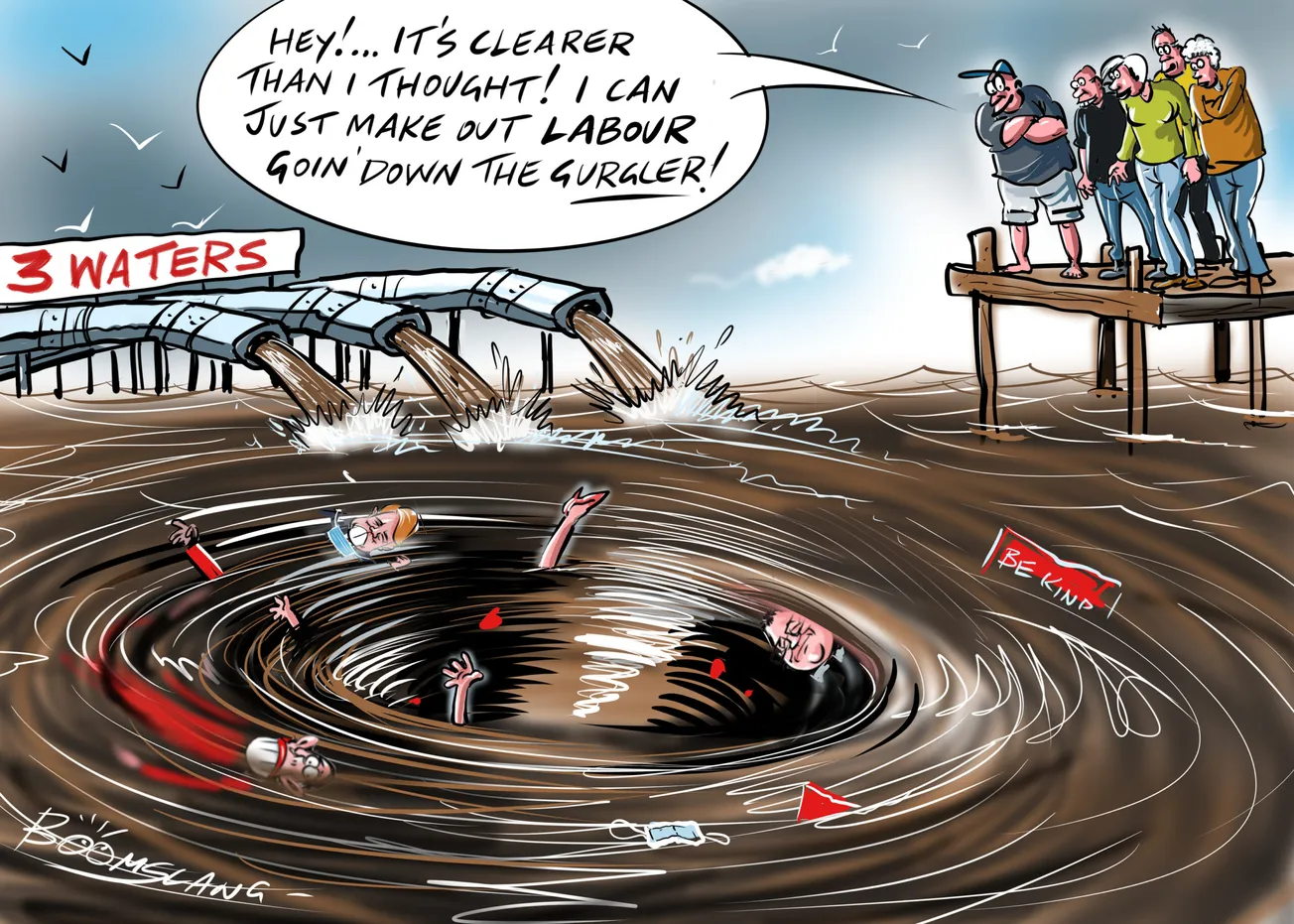Table of Contents
Stuart Smith
National MP
Kaikoura
In a dangerous turn of events with the Three Five Waters legislation, the government passed a Green Party Supplementary Order Paper (SOP) which entrenched part of the legislation.
What this means is: any future legislation to repeal the provision contained in the SOP will need a supermajority of 60 per cent – which sets a very dangerous precedent. Until now, entrenchment has only been used with the full support of parliament and confined to electoral law.
Interestingly, the prime minister was seemingly unaware of this change and has been left to try and defend her government’s position. On the other hand, it is becoming apparent that Nanaia Mahuta is the puppet master controlling cabinet.
All entrenched legislation must be passed by the supermajority it seeks to entrench and as a rule, 75 per cent makes a supermajority. But the Greens and Labour knew that they would not get the 75 per cent supermajority to pass the SOP so they settled for a lower 60 per cent supermajority instead, which between them they had. This sets a very dangerous precedent and highlights their flagrant disregard for democratic conventions and processes.
Nanaia Mahuta knew exactly what she was doing, as she outlined in her speech: “While this particular SOP may not pass the constitutional threshold, there is a moral obligation of people who believe that privatisation should not occur to support that particular SOP…”
But neither National nor Labour would support the privatisation of water assets.
As we feared, Five Waters is a Trojan horse for a far bigger agenda: an agenda that threatens our democracy. If the SOP is worthy of entrenchment, the Greens and Labour should have gone with the 75 per cent supermajority. That they didn’t opens the door for tyrannical regimes in the future to usurp democratic principles.
And consider this – as entrenchment was only introduced at the 11th hour, rather than going through the select committee where the public could have a say on the matter, what does that tell you?
While concerned public law academics quickly responded by publishing an open letter highly critical of the government’s actions, and quite rightly so, the mainstream media remained all but silent, leaving it to Mike Hosking and the Platform to sound the clarion. That a group of public law academics moved so quickly to publicly voice their concerns only underlines how dangerous this turn of events is.
The prime minister was forced to act and has given it to the business committee to consider but this is nothing more than a distraction. It is the government’s mess, and they have to fix it.
I have to wonder – are we witnessing the death throes of the Ardern regime?









